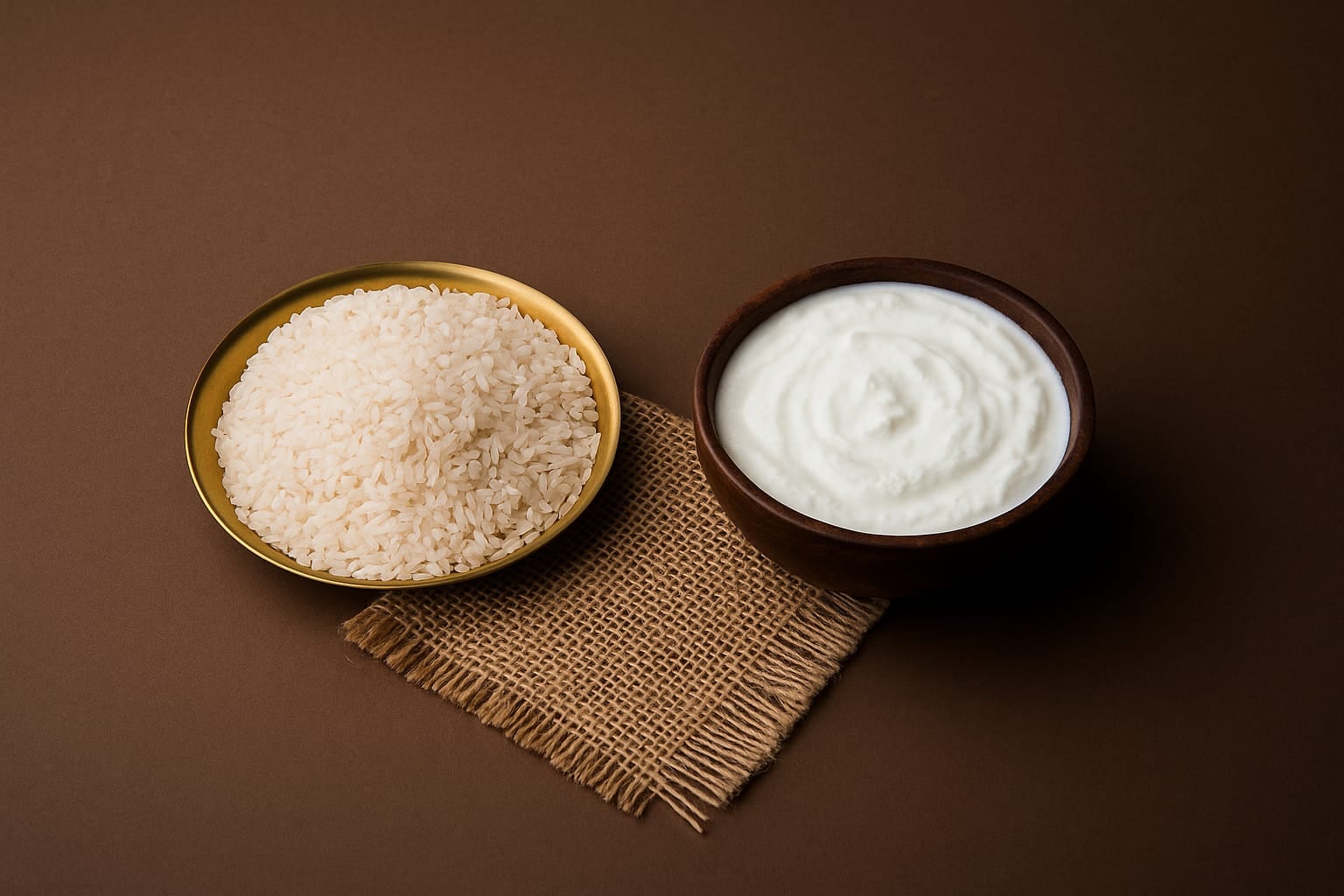The importance of the importance and name of Halashti
The name of Halashthi is associated with Lord Balarama’s weapon ‘plow’. According to the belief, Lord Balarama was born on the sixth date of Krishna Paksha of Bhado month. Balarama is also called Baldau and his main weapon is a solution. Hence this day is called ‘Halashthi’. The fast of this day comes two days before Janmashtami and although it does not have a fanfare like Janmashtami, but its importance is very special in religious terms. In many states of the country, women observe this fast with great reverence.
The biggest feature of Halashti is that no such thing is used in this fast which has been grown by running a plow, ie through the plowing of the field. The reason for this is that Lord Balarama is worshiped on this day and on this day, things related to the plow are sacrificed. It is believed that by doing this, the virtue of the fast increases even more and blesses the longevity and prosperity of the child.

The rice used on Halashti is ‘Pasai Rice’. This rice is grown in a natural way, not plowing the field with a plow. This is the reason why it is considered completely suitable for this fast. Religious belief is that Pasai rice is a symbol of purity and simplicity and is considered completely pure according to the rules of fasting.
Causes of buffalo milk curd
In the fast of Halashthi, instead of cow’s milk, only curd made from buffalo milk is used. The reason for this is that traditionally the solution is not contributed to the production of buffalo milk, while the cow is often connected to the fields and farming. Buffalo milk and curd made from it are considered on this day according to the rules of pure and fast.

Religious recognition and profit
It is believed that fasting of Halashti keeps the health, long life and prosperity of the child. This fast is a festival of protecting children especially for mothers. The rules, fasting and worship done on this day get many times the fruits.



